White Privilege and Racism
Dominant culture often reinforces attitudes, values, norms, behaviours, and practices that keep white privilege intact and allow racism to occur. White privilege leads to racism because anyone who does not fit into the white dominant culture may be seen by some people as inferior or less important.
When I was younger, I didn’t like myself, if that makes sense. Because if I am viewing myself how some white people view me, I won’t like myself.
Student, Minister’s Anti-Racism Youth Dialogue Series, 2022
White privilege can lead to racism on many levels:
It is possible for white people to have experienced many difficult challenges throughout life but still benefit from white privilege. Examples of challenges can be seen on the outer circle of the Wheel of Power/Privilege.
Reminder: It is important to continue to reflect on how privilege and power shows up in different situations. Understanding this can help change attitudes and behaviours.
